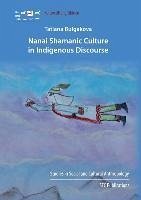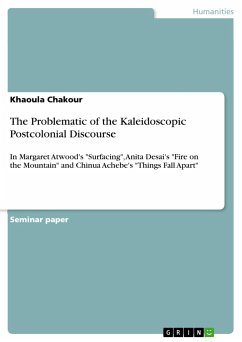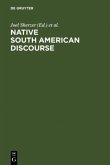This book on Nanai shamanic culture is based on first-hand information provided by shamans and recorded in the years between 1980 and 2012, a time of rapid socio-cultural change in Russia. It sheds light on the lively indigenous discourse in which social factors such as the splitting of society into different paternal lineages relates to spiritual troubles that Nanai people experience as collective ¿shamanic disease.¿ But inter-clan confrontations are not only mediated in shamanic rituals, as these must not be separated from folk narratives, dances and other forms of art. Furthermore, the book provides profound insights into the plurality of contradictory discourses on indigenous knowledge as well as those delivered in non-indigenous contexts. The latter arose or became more intense in the Soviet and post-Soviet periods, and often led to experiments in new shamanic practices.
Hinweis: Dieser Artikel kann nur an eine deutsche Lieferadresse ausgeliefert werden.
Hinweis: Dieser Artikel kann nur an eine deutsche Lieferadresse ausgeliefert werden.








